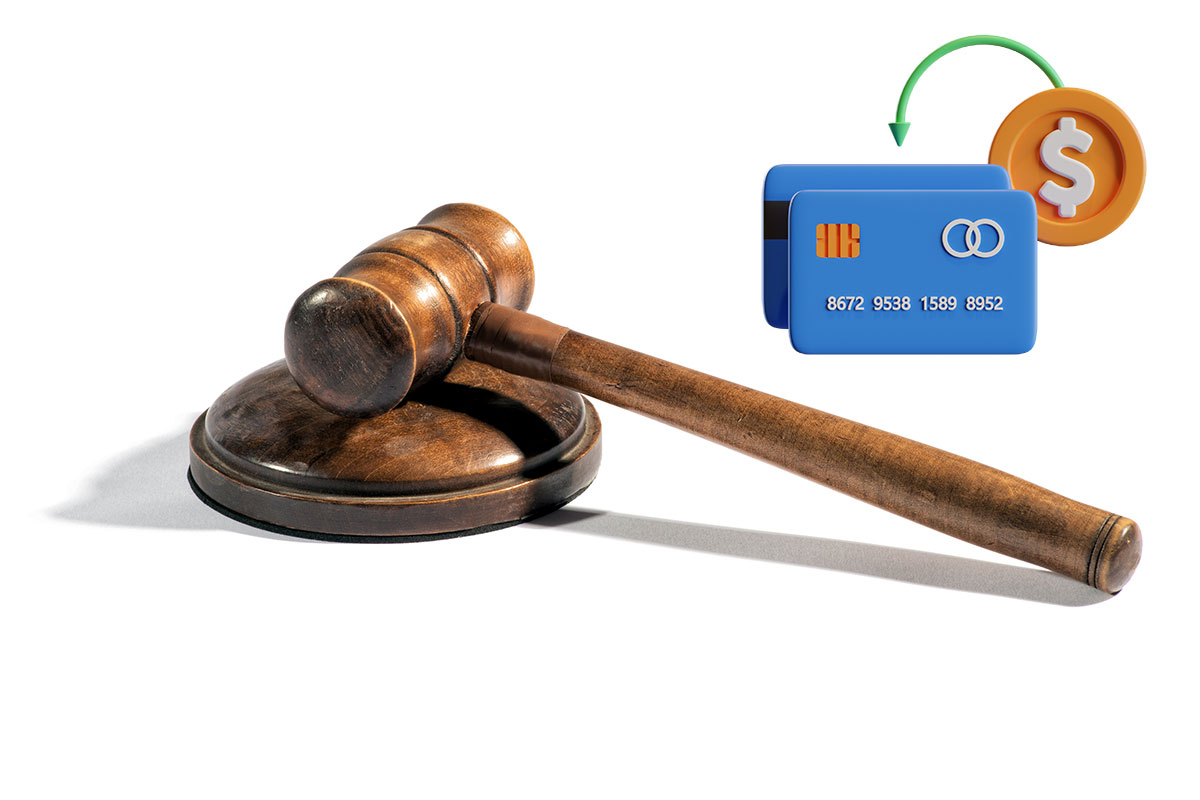The legal industry is a complex and highly regulated field. It requires attorneys to navigate an intricate web of laws, regulations, and procedures that can be difficult for even the most experienced lawyers to understand. As such, it’s no surprise that payment challenges are common in the legal industry.
From billing disputes between clients and attorneys to issues with collecting payments from third parties, there are a variety of obstacles that can make it difficult for law firms to get paid for their services. In this blog post, we will discuss some of the most common payment challenges in the legal industry and provide tips on how lawyers can overcome them using legal payment software.

What Are Some Common Payment Challenges Faced By Lawyers?
In the legal profession, attorneys encounter various payment challenges that can impact their financial stability and overall business operations. From billing disputes and delays in third-party payments to inconsistent cash flow and administrative burdens, lawyers must navigate these hurdles effectively to ensure smooth financial management and client relationships. Here are some common payment challenges faced by lawyers:
- Billing Disputes: Disagreements between clients and attorneys overbilling amounts or perceived overcharges can strain client relationships and lead to lengthy negotiations. Clear communication and detailed billing explanations are essential to address these disputes promptly and maintain trust.
- Third-Party Payments: Challenges in receiving timely payments from insurance companies or government agencies can disrupt cash flow and impact law firms’ financial stability. Staying informed about third-party payment policies and requirements is crucial to navigating these complexities effectively.
- Non-Payment by Clients: Difficulties in collecting payments from clients who refuse to pay for various reasons, including disputes over services rendered, can create financial hardships for law firms. Establishing clear payment terms and offering flexible payment options can incentivize timely payments and reduce non-payment risks.
- Inconsistent Cash Flow: Lawyers may need help with consistent cash flow, especially if they have many cases with varying billing cycles or delays in client payments. Implementing efficient billing practices, such as regular invoicing and reminders, can help stabilize cash flow and improve financial planning.
- Administrative Burden: Manual billing can be time-consuming and prone to errors, leading to inefficiencies and additional administrative burdens on lawyers and their staff. Automated billing solutions can streamline invoicing, payment tracking, and reporting, freeing up valuable time for legal professionals to focus on their core responsibilities.
How Can Lawyers Overcome Payment Challenges?
There are several ways that lawyers can address payment challenges to ensure successful collections:
- Transparent Billing Policies: Communicate the billing structure, including rates, retainers, and any potential additional charges, to clients before commencing work. Ensuring clients have a comprehensive understanding of billing practices reduces the likelihood of disputes and fosters a positive professional relationship.
- Implement Automated Payment Systems: Simplify the payment process by integrating automated payment systems into your billing process. This modern approach saves time and effort and provides clients with a convenient and efficient way to settle invoices promptly. With the inclusion of a secure payment link, clients can effortlessly make payments online, reducing the need for manual transactions and offering a seamless experience that enhances their satisfaction and your firm’s financial efficiency.
- Consider Collection Agencies: In challenging situations where clients fail to make payments, engaging reputable collection agencies can be a strategic move to recover outstanding debts without resorting to costly and time-consuming legal actions.
- Explore Alternative Solutions: To accommodate clients facing financial constraints, consider offering flexible payment solutions such as discounted rates for upfront payments or installment plans. These alternatives can enhance client satisfaction while facilitating timely bill settlements.
- Stay Compliant with Laws & Regulations: Be proactive in staying informed about the ever-changing laws and regulations surrounding debt collection practices. By adhering to legal requirements, you can maintain ethical billing practices and avoid potential legal repercussions.
Conclusion
In conclusion, the legal industry may face payment challenges, but attorneys have various effective strategies to address these issues proactively. By conducting thorough research on existing laws and regulations, staying organized, and implementing automated payment systems, attorneys can streamline the billing process and improve collection rates. Utilizing collection agencies when necessary and considering alternative options like discounts or installment plans can reduce nonpayment risk. These efforts ensure successful collections and foster positive relationships with clients and business partners, ultimately contributing to a more prosperous and efficient legal practice. By embracing the power of technology and adopting best practices, attorneys can confidently navigate the landscape of payment challenges and achieve financial success in their approach.









